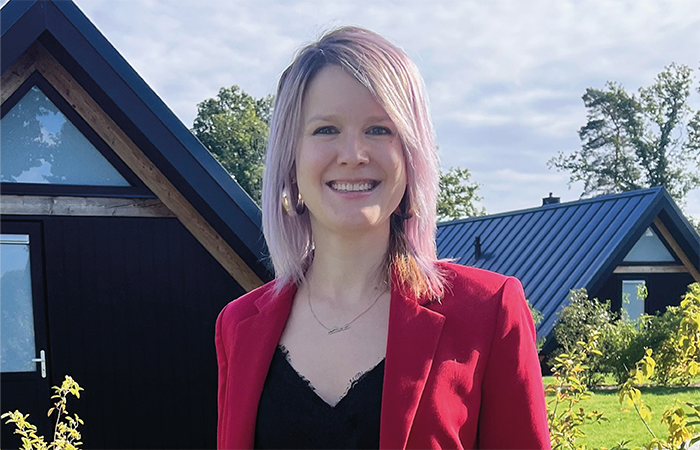
Credit: Arian Khoshchin
Nature recently published the results of a global survey conducted among postdocs. The participants were asked about their career disenchantment, finances, and life aspirations – including parenthood. Those aged between 31–40 years old are reportedly “less happy in their career,” “more negative about job prospects, job security and work-life balance,” and “more likely to report mental-health challenges” than their younger peers. What could be going on here?
The transition between a postdoc fellowship and the next step of the academic ladder is a challenging one: there are way more postdocs interested in pursuing an academic career than the positions actually available – let alone positions offering a permanent contract or tenured positions. Thus, making the so-called “postdoc blues” a global trend that concerns not only the analytical world, but academia in general.
Those who really want an academic career might have to enter a never ending cycle – extending their postdoc years for as long as possible, jumping from one postdoc position to another, with the hope of broadening their skills, their network, and opportunities of finding a fixed position. However, for most this means remaining a postdoc with a temporary contract in their mid-thirties, while their prospects of a tenure position are decreasing at an alarming rate.
So it is quite understandable that they feel like they are falling behind in life; a postdoc salary does not guarantee any financial security to start a family or even buy property.
Compensation is not the only factor feeding into the problem. Many young scientists embark on a PhD journey being excited about spending a few years doing research, but without having a clear idea of what they’ll do after their PhD. Decades ago, doing a PhD meant that the candidate would continue their career in academia, climbing the academic ladder until becoming a professor. Today, this couldn’t be further from the truth: only a fraction of PhD graduates will continue their career in academia.
If universities offered (mandatory) career development training during master’s studies and PhDs, young scientists would be able to prepare effectively and choose the most suitable career path – avoiding career dissatisfaction later on.
Today, the pressure from online communities and social media also intensifies the problem. Many online accounts have started focusing on just the negative aspects of academia, which can lead into a storm of negative emotions – with people constantly comparing themselves and their work to others. This creates and sustains a cloud of negativity and self-doubt, breaking any boundaries between work and personal life.
All of these things remind me of a saying: “There is no way to have a relaxed life in science.” But how true is that? Is it crazy to dream of work–life balance in our careers?
Some time periods are naturally more stressful because of tight deadlines at work, while others might call for more focus on our personal lives. I think that it all depends on everyone’s perception about what a “relaxed life” means. I belong to the category of people who are not very resilient to stress (physically and mentally). Because of this, I admire the accomplished and high-achieving analytical scientists in our community, who seem to go through their career in a very relaxed yet productive way.
Two years ago, I had the chance to co-organize the IMSC2022 conference in Maastricht, so I spent quite some time working closely with the Chairs Ron Heeren, Albert Heck, and Manfred Wuhrer – some of the top analytical scientists in the Netherlands. To me at least, they all look like they have managed to secure a somewhat relaxed life in science – running multiple projects and a big lab in parallel. Surely, this must be quite stressful, and yet they undoubtedly – overtly – enjoy their work and their community. I believe I came to understand what they all have in common: they consider their work as their main hobby!
In short, there is no key to work–life or life–work balance; rather, it is a combination of different approaches that can bring us a satisfactory balance. My four pillars are sleep, healthy eating habits, physical exercise, and a fulfilling social life – I notice a direct impact on my work productivity if one or some of these pillars becomes unstable or falls apart.
As we grow, our priorities and the way we deal with stressful situations also changes. It’s good to keep in mind that you cannot achieve a work – life balance overnight nor will you manage to live the perfect lifestyle – it actually takes weeks or even months to set your boundaries and priorities straight.
As someone who was a PhD and postdoc candidate once and now an academic and a mentor, Isabelle decided to launch “NextMinds” – a mentoring platform to help early-career scientists embark on their career journeys. She discusses everything about her initiative in a recent interview with us and shares tips and tricks for a happy (and healthy) PhD journey here.




